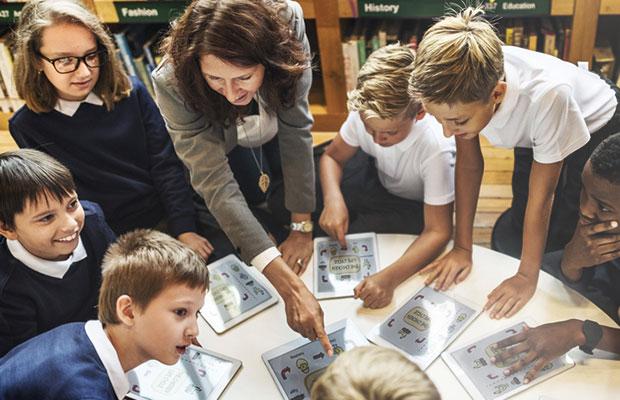Happy Holiday Type Tips for All
How do you celebrate the holidays? Whether you celebrate Hanukkah, Kwanzaa, Christmas, Boxing Day, or Omisoka, December brings together family and friends. With great excitement and anticipation, we all look forward to seeing loved ones, even more so now, since last year many of us were unable to gather due to the COVID pandemic. As wonderful as it is to see each other, misunderstandings leading to stress and drama often arise when different personalities mix. Here are some Holiday Type Tips to help get you through the season:
- Extraversion: Children who prefer Extraversion (E) may be eager to interact and connect with everyone right from the start. Non-stop chatter may be annoying to some family members. Sometimes the energy boost that people with a preference for Extraversion get from interaction can be overwhelming to others. Validate their need for talking while gently reminding them that listening is valuable, too.
- Introversion: Respect that your child who prefers Introversion (I) may not want to mingle with everyone over a long period of time. Allow them quiet time away from the crowd. Forcing them to interact with cousins they have not seen in a long time could be stressful. It may take them time to warm up to everyone. Expecting them to sit on Santa's lap may be a tall order! Offer them a comfort item to hold onto (a favorite stuffed toy or blanket) and let them know it is okay to stand beside Santa for that treasured photo, even if it means several feet apart.
- Sensing: Traditions are very important to people who prefer Sensing (S). They remember those yearly traditions and expect everyone else to, as well, and if any are forgotten, you will hear about it. Yes, I am speaking from personal experience. Rather than trying to remember all the details myself (I prefer Intuition), I rely on my children with a Sensing preference to keep our traditions going. They feel important and pride themselves on experiencing the moment and remembering the past.
- Intuition: The more imaginative the better for those children with an Intuition (N) preference. Include them in brainstorming party plans and coming up with creative ways to celebrate. Let their quirky and original style shine through in their choice of clothing and ideas. The more ingenious the gifts the better!
- Thinking: Children who prefer Thinking (T) may not feel comfortable with physical affection. So, if old "Aunt Myrtle" shows up to the party wanting hugs from the kids, respect their need for boundaries. As for Santa, they might just think it is a ridiculous idea (not logical)!
- Feeling: Be aware that children with a Feeling (F) preference will want to keep everyone happy and not let anyone down at the expense of their own needs. They seek harmony so any holiday stress will be very difficult for them. They may hug a relative because they think they should or to make their parents happy. Talk to them ahead of time and let them know it is okay to set boundaries.
- Judging: Understand that your child with a preference for Judging (J) may need to know the plans so that they can feel less anxious about what comes next. Remember they like to control their environment with plans and schedules. Let them know where you will be going and who you will be seeing so that they can mentally prepare for the gatherings.
- Perceiving: Flexible and spontaneous, children who prefer Perceiving (P) will likely go with the flow over the holidays. They love surprises! However, if you have some place to be at a specific time, you may want to remind them as the time gets closer since they may be busy playing and lose track of time.
Bear in mind, these type tips apply to adults, as well as children (or the Inner Child in all of us)! All in all, there is no doubt that as joyful as the holiday season can be it also brings its share of grief. Understanding personality type differences can help turn holiday chaos into holiday cheer where each person feels valued and appreciated, alleviating stress by letting everyone just be themselves.
Happy holidays from People Stripes! May these type tips be our gift to you, bringing you peace, joy, and love, with the hope of acceptance this holiday season.



_thumb.png)























































.png)


_thumb.png)



_thumb.png)
_thumb.png)
x.png)
_thumb.png)
.png)

.png)
.png)
.png)
.png)

